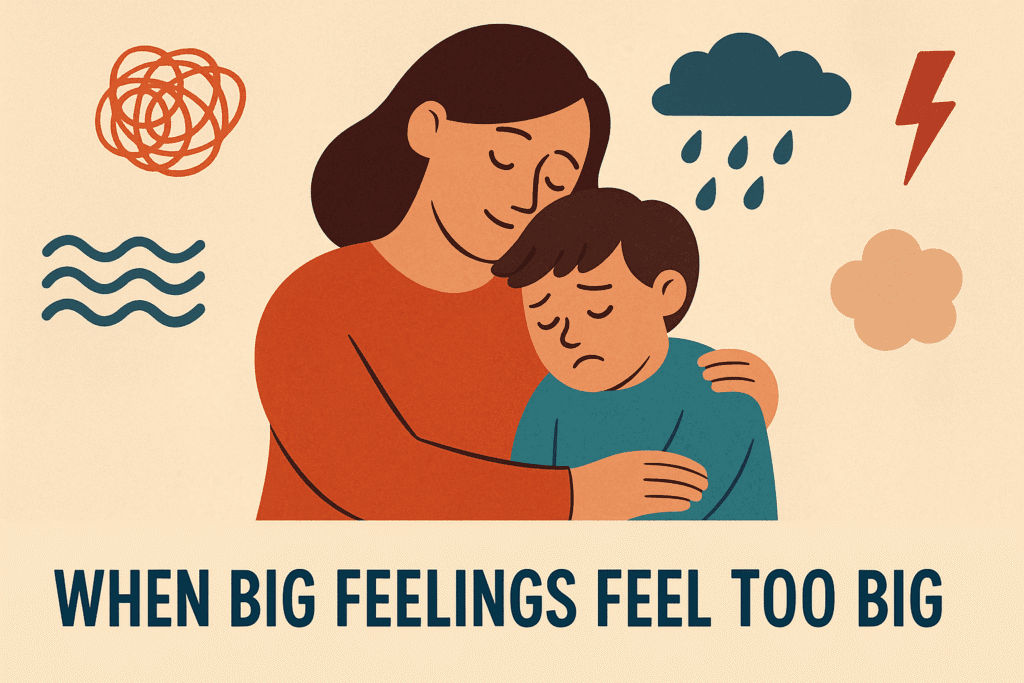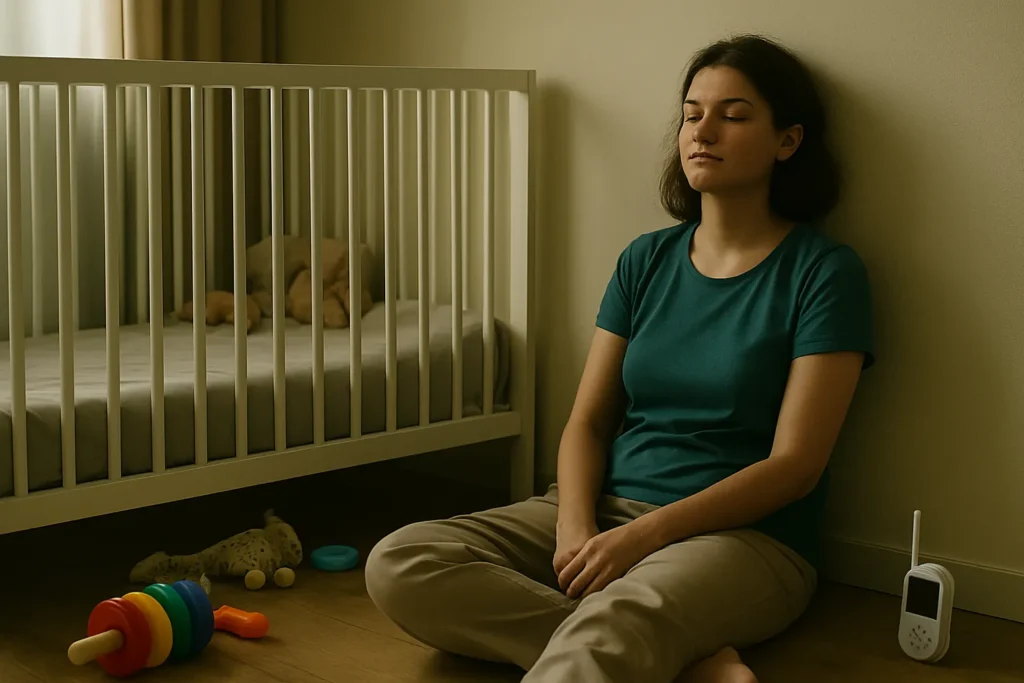Table of Contents
Introduction: Stuck Between the Grind and the Pause?
Ever feel like you’re stuck between two opposing forces?
On one side, there’s hustle culture—fuelled by ambition, 5 a.m. routines, side hustles, and an endless to-do list. On the other, slow living calls you to pause, breathe, and savor the small things: a quiet cup of tea, a long walk, a moment of stillness.
Both promise happiness—but they couldn’t be more different.
In a world obsessed with results, hustle culture tells us to chase success at all costs. Meanwhile, slow living reminds us that success means nothing if we’re constantly overwhelmed, disconnected, or burnt out.
So, what actually works? Can we grind our way to joy, or do we need to slow down to find peace? Let’s dig into both, and more importantly, learn how to build a life that honors both ambition and well-being. Why 2025 demands a shift to mindful work rhythms.
What Is Slow Living—And Why Are So Many People Turning Toward It?
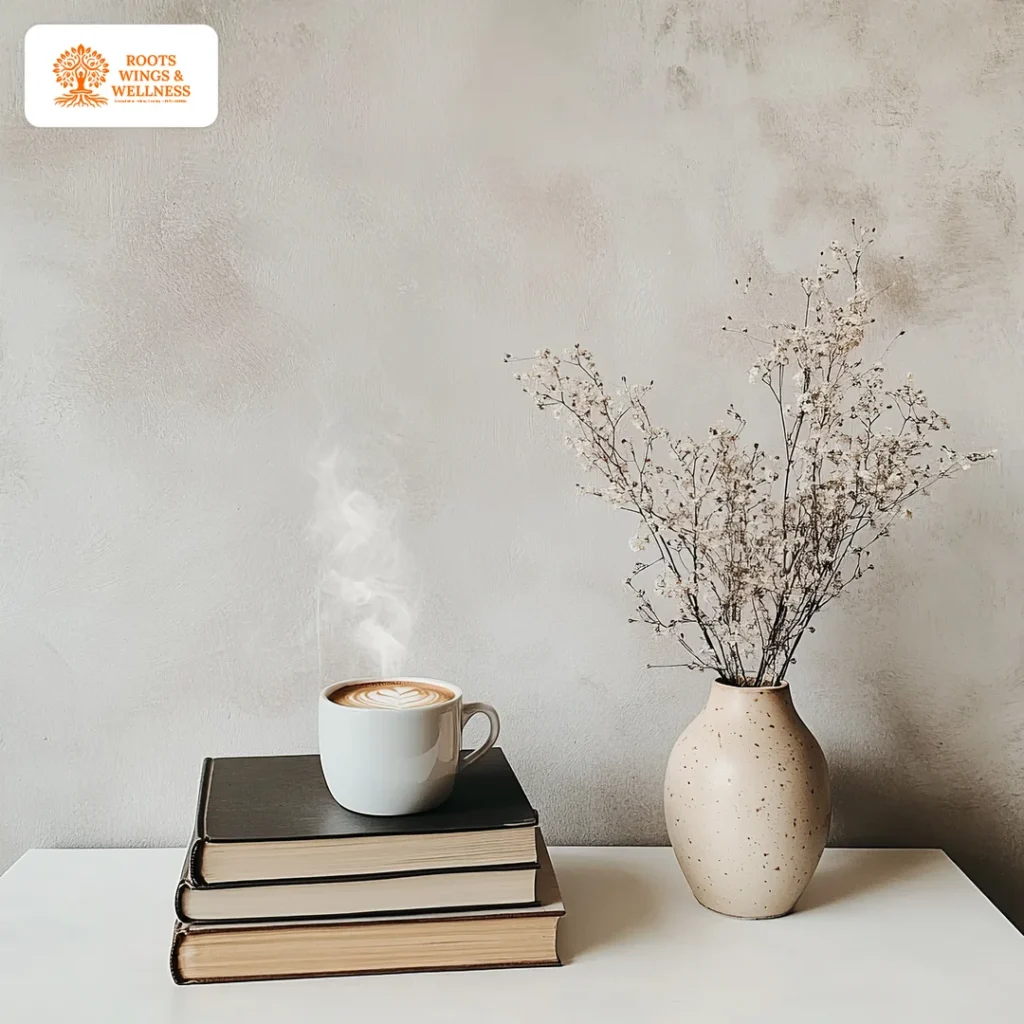
Slow living is more than just a trend—it’s a mindset shift. It says, “You don’t have to do it all at once.” It’s about trading the rush for presence, and the pressure for peace.
At its core, slow living is a lifestyle rooted in mindfulness, simplicity, and intention. Instead of racing through life, it invites you to slow down and make space for what truly matters.
🧘♀️ Key Principles of Slow Living:
- Prioritize well-being over productivity
- Be intentional with how you spend your time and energy
- Value quality over quantity—in work, relationships, and experiences
- Focus on presence, not performance
- Create space for rest, joy, and stillness
🌿 The Benefits of Slow Living:
The research backs it up—slowing down helps us live better.
- ✅ Reduces stress, anxiety, and symptoms of burnout
- ✅ Encourages deeper relationships and more meaningful connection
- ✅ Sparks creativity by giving the mind room to breathe
- ✅ Enhances clarity and focus by reducing distractions
- ✅ Improves sleep, digestion, and physical health through reduced cortisol levels
Just look at cultures that embrace slow living—Denmark, for instance, where the concept of hygge (coziness and contentment) is embedded into daily life. It’s no surprise they’re consistently ranked among the world’s happiest countries.
The Harsh Reality of Hustle Culture

If slow living is all about balance, hustle culture is its high-speed opposite.
Hustle culture glorifies constant productivity, all-nighters, and the belief that rest equals laziness. Social media is filled with quotes like “Sleep is for the weak” and “Grind now, shine later.” But what’s the cost?
🚩 Why Is Hustle Culture So Addictive?
- We equate busyness with worth
- We fear falling behind in a hyper-competitive world
- Success stories glamorize overwork
- Our economy rewards output, not well-being
And sure, working hard can feel empowering—until it doesn’t. Until your body crashes. Your relationships suffer. Your creativity dries up.
😵 Mental Health Effects of Hustle Culture:
- ⚠️ Burnout: Mental, emotional, and physical exhaustion that doesn’t go away with a nap
- ⚠️ Chronic stress & anxiety
- ⚠️ Disrupted sleep & poor focus
- ⚠️ Weakened relationships and disconnection
If you’ve ever laid in bed scrolling emails while your partner talks to you—or skipped a meal because “you’ll eat after the meeting”—you’ve probably felt the toll. Combat hustle culture with mindfulness-based stress relief.
Slow Living vs. Hustle Culture: How Do They Compare?
Let’s break this down where it really matters—your mind, your time, and your health.
🔍 Category | 🧠 Hustle Culture | 🌱 Slow Living |
|---|---|---|
Work-Life Balance | Work bleeds into personal time. “Always on” mindset. | Clear boundaries. Work ends when the day ends. |
Productivity | High output in the short term. Long-term exhaustion. | Steady, focused productivity that lasts. |
Stress | Chronic stress, tight deadlines, little recovery. | Lower stress. Time for breaks, reflection, calm. |
Mental Health | Prone to burnout, anxiety, disconnection. | Boosts clarity, presence, and emotional well-being. |
Fulfillment | Based on outcomes and status. | Based on meaning and alignment with values. |
So, which lifestyle is better? The answer isn’t one-size-fits-all—it depends on personal priorities, career goals, and how much stress you’re willing to handle.
Work-Life Balance Strategies: Finding the Middle Ground

Absolutely—and that’s where the magic happens.
You don’t have to choose between ambition and inner peace. You can hustle for your goals while still honoring your limits. You can unplug after work, prioritize self-care, and still go after big dreams.
✅ How to Balance Both Worlds:
- Work intentionally, not constantly: Choose deep focus over multitasking
- Redefine success: Let it mean peace, health, and impact—not just money or status
- Schedule downtime like meetings: It’s just as important
- Prioritize your energy, not just your time: Notice when you feel best, and honor that rhythm
Work-Life Balance in Action: Real Tools That Help
Feeling inspired to shift your routine? Here are a few tangible ways to bridge the gap between hustle and slow living:
⏱️ Time Blocking
Designate specific times for focused work, meals, rest, and leisure. This helps prevent work from taking over your life.
📵 Tech-Free Zones
No phones in bed. No emails during dinner. Simple, but powerful.
🧘♀️ Micro-Retreats
Take 10-minute “mini escapes” during the day—walk, stretch, journal, breathe.
🌙 Evening Wind-Downs
Instead of scrolling before bed, unwind with herbal tea, a podcast, or gentle yoga.
Hustling doesn’t have to mean sacrificing well-being—balance is key to long-term success. Align slow living with eco-conscious daily habits.
But Is Slow Living Really Realistic?
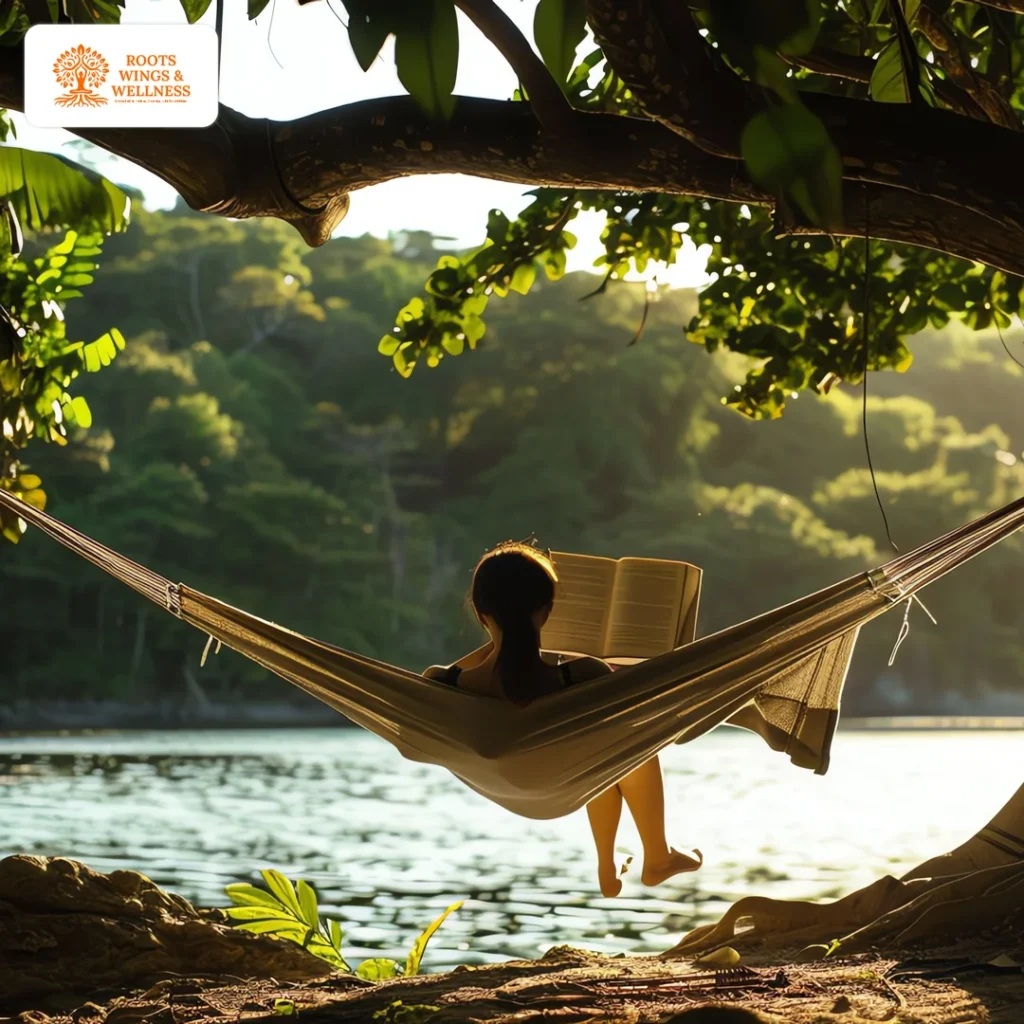
Slow living can feel unrealistic, especially if you’re supporting a family, working multiple jobs, or living in a fast-paced city.
But slow living isn’t about quitting your job to move to a farm. It’s about being intentional. It’s saying no to overwhelm when you can, and creating space for small, steady moments of peace.
🌱 Who Thrives in Slow Living?
- Creatives who need space to think and create
- Parents craving calm amid chaos
- Professionals recovering from burnout
- Anyone who’s tired of being tired
And no—it’s not lazy. It’s sustainable. It is Holistic living: The antidote to toxic hustle culture.
From Roots to Wings: The Balanced Approach We Believe In
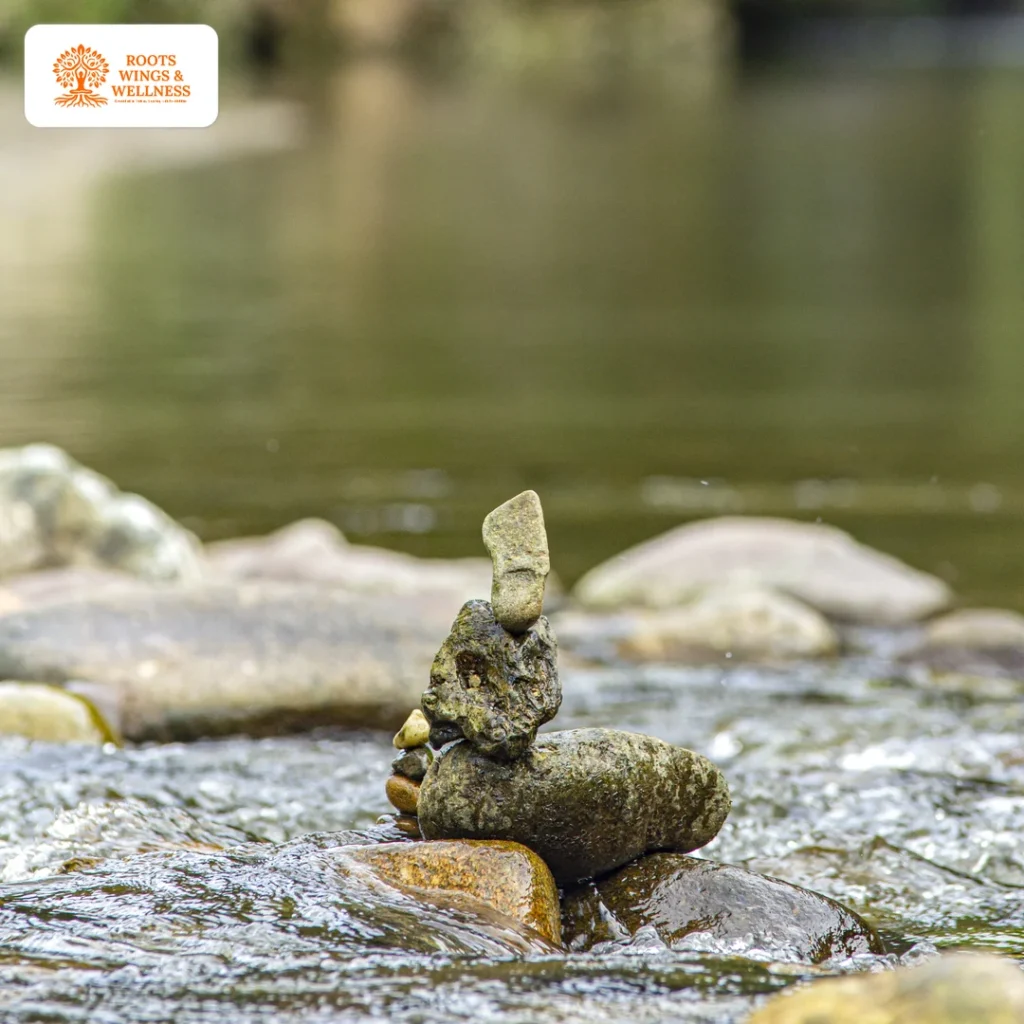
At Roots, Wings, and Wellness, we believe in a holistic approach to success—one that blends grounded self-care with purposeful growth.
🌿 Roots = Stability
These are your rituals of self-care, your boundaries, your stillness. They keep you centered.
🕊️ Wings = Expansion
Your goals, your passions, your impact in the world. This is where your hustle can live—but with clarity.
We don’t believe in choosing one over the other. We believe in honoring both—a life where slow mornings and ambitious dreams can coexist.

Final Thoughts: The Life That Feels Most Like You
So—Slow Living vs. Hustle Culture?
There’s no one right answer. Some seasons demand the hustle. Others call for stillness. The secret is tuning in—what do you need right now?
Your path to a healthier, happier life won’t be found in extremes—it’ll be found in the spaces in between.
Whether you’re learning to rest without guilt or rediscovering joy in the grind, remember: you get to choose what success looks like—and how it feels, too.
Check out our insightful articles on personal growth and wellness at Roots, Wings & Wellness.
- How to Help Your Kids Navigate Anxiety and Big Emotions
- This One Habit Made Me a Calmer Parent
- You Recycle and Still Feel Powerless? Understanding Eco Anxiety
- What If You’re Not Lazy—Just Overstimulated?
- The Hidden Emotional Cost of Gentle Parenting
That’s the question so many of us ask—and yes, it is possible. Slowing down doesn’t mean giving up on your goals or being unproductive. It means working with intention instead of constantly rushing. In fact, when you’re rested and clear-headed, you often do more of what actually matters—with less burnout along the way.
Not necessarily. Enjoying productivity is different from feeling like you have to grind 24/7 to be “enough.” The difference lies in why you hustle. If it energizes you and you take time to recharge, that’s healthy drive. But if you’re running on empty, constantly anxious, or feeling guilty when you rest, it might be time to reassess.
It’s a common misconception, but slow living isn’t about luxury or privilege—it’s about intention. Even with a packed schedule, you can choose to eat mindfully, go tech-free for an hour, or take a breath before reacting. It’s less about how much time you have, and more about how you use it.
There’s nothing wrong with working hard—but constant hustle, without rest, can sneak up on you. Over time, it wears down your nervous system, disrupts sleep, strains relationships, and dulls creativity. The harm isn’t in ambition—it’s in never allowing space to pause, reflect, or reset.
Start small. Don’t try to overhaul everything overnight. Try this:
- Block off 15–30 minutes a day to do nothing productive
- Say no to one non-essential task this week
- Turn your phone off an hour before bed
- Reflect: What parts of hustle culture feel heavy—and what feels worth keeping?
Give yourself permission to slow down without guilt. That’s where balance begins.









